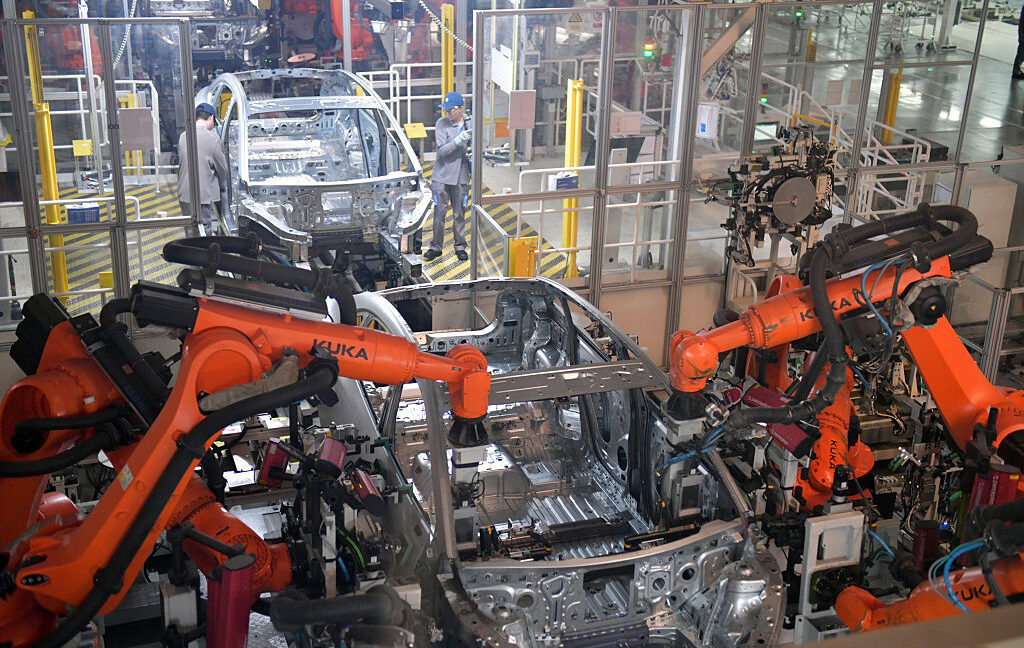
Google Introduces Conversational Photo Editing in Google Photos
Google has added a conversational editing feature to Google Photos that lets users describe changes in plain language or voice commands. The tool, first seen on Pixel devices and now available on compatible Android phones, uses generative AI to adjust lighting, remove objects, crop, and even add new elements to images. It aims to simplify photo editing by removing menus and sliders, while also embedding metadata to signal AI involvement. Early impressions suggest the feature is intuitive and fast, though some limitations remain in precision editing.










